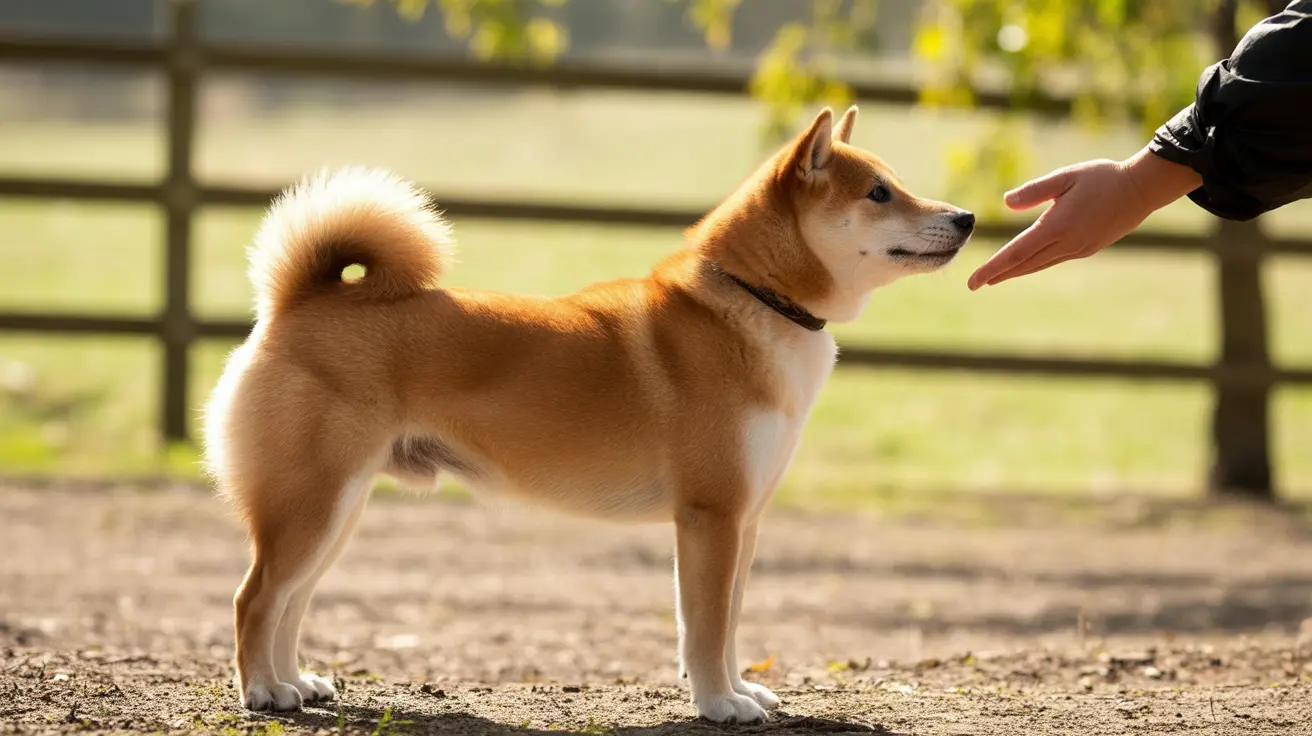The age-old saying "you can't teach an old dog new tricks" has been thoroughly debunked by modern science. Research shows that dogs, like humans, maintain their ability to learn throughout their lives. While training methods may need adjustment for senior pets, their capacity for learning remains intact and can even offer some surprising advantages.
In this comprehensive guide, we'll explore the science behind senior dog learning, discover effective training techniques, and understand why keeping your older dog mentally engaged is crucial for their wellbeing.
The Science of Senior Dog Learning
Recent studies in canine cognition have revealed that dogs retain significant neuroplasticity—the brain's ability to form new neural connections—well into their senior years. This means your older dog's brain remains capable of processing and retaining new information, much like a younger dog's.
Research from the Dog Aging Project has shown that while some cognitive functions may gradually decline after age 6, older dogs often compensate with improved focus and attention spans during training sessions.
Advantages of Training Senior Dogs
Contrary to popular belief, older dogs often present several advantages when it comes to learning new behaviors:
- Longer attention spans
- Better impulse control
- More developed communication skills with humans
- Greater emotional maturity
- Established basic obedience foundations
Effective Training Techniques for Older Dogs
Setting Up for Success
When training an older dog, environment and approach are crucial:
- Choose quiet, distraction-free training areas
- Use proper lighting for dogs with vision changes
- Ensure comfortable, non-slip surfaces for stability
- Keep sessions short (5-10 minutes)
- Schedule training when your dog is most alert
Positive Reinforcement Methods
Senior dogs respond exceptionally well to positive reinforcement techniques:
- High-value treats appropriate for senior dogs
- Gentle praise and petting
- Clicker training for clear communication
- Consistent reward timing
- Patient, calm instruction
Health Benefits of Training Senior Dogs
Teaching new tricks to older dogs offers numerous health benefits:
- Maintains cognitive function
- Prevents mental decline
- Strengthens the human-animal bond
- Provides purposeful physical activity
- Reduces anxiety and depression
Adapting Training for Physical Limitations
Many senior dogs have physical considerations that require training modifications:
- Choose low-impact activities for arthritic dogs
- Use hand signals for hearing-impaired pets
- Incorporate rest periods between exercises
- Adjust treat sizes for dental issues
- Consider mobility limitations when selecting tricks
Frequently Asked Questions
Can old dogs learn new tricks, and is it ever too late to start training?
No, it's never too late to start training. Scientific research confirms that dogs can learn at any age, thanks to their brain's continued plasticity. While the learning process might be different from puppies, older dogs often show excellent capacity for acquiring new skills.
How do I teach an old dog new tricks without causing them stress or physical strain?
Use short training sessions (5-10 minutes), incorporate plenty of breaks, and choose activities appropriate for your dog's physical condition. Always use positive reinforcement and watch for signs of fatigue or stress.
What are some easy tricks for older dogs to learn, considering their physical limitations?
Good starter tricks include targeting (touching nose to hand), gentle paw gives, simple retrieval games, and basic position commands like "place" or "mat." These can be modified based on your dog's abilities.
Why might an old dog struggle to learn new tricks, and how can I overcome these challenges?
Common challenges include physical limitations, established habits, and sensory changes. Overcome these by using clear cues, maintaining consistency, adjusting for physical needs, and ensuring proper motivation through high-value rewards.
How does training new tricks benefit the mental and physical health of older dogs?
Training provides crucial mental stimulation that helps prevent cognitive decline, maintains brain health, and keeps senior dogs physically active. It also strengthens the bond between dog and owner while providing structure and purpose to their daily routine.
Conclusion
Scientific evidence clearly shows that old dogs can indeed learn new tricks. With patience, appropriate techniques, and consideration for their physical needs, senior dogs can continue learning and thriving throughout their golden years. The key is to maintain a positive, consistent approach while adapting training methods to suit their individual needs and abilities.






